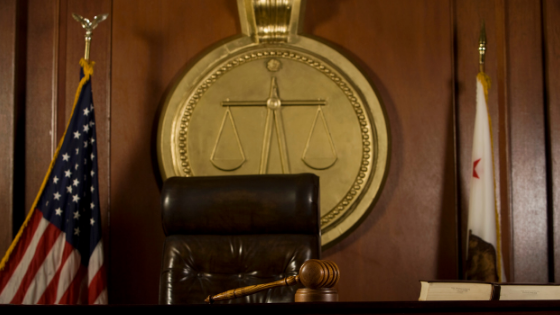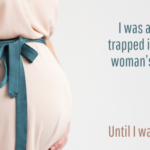The defendant in the Hunstein case out of the Eleventh Circuit Court of Appeals has hired a new lawyer, who confirmed that the company will be filing a petition with the Court for an en banc rehearing of the case.
Industry defense lawyer Rick Perr from Kaufman Dolowich & Voluck filed a notice of appearance on behalf of Preferred Collection and Management Services on Monday of this week. It was not immediately clear if Robert Vigh of Solomon Vigh, who represented the defendant both when the case was at the District Court level and during arguments before the Eleventh Circuit, would continue to represent the defendant as well.
Perr also confirmed to AccountsRecovery.net that the defendant will be filing a petition to have the entire panel of judges within the Eleventh Circuit to rehear arguments in the case. The defendant has until May 12 to file its petition for rehearing. Perr had no other comments about the case.
EDITOR’S NOTE: Click here to sign up for webinars on April 28 and April 29 to hear more about the Hunstein ruling and its impact on the ARM industry.
The Eleventh Circuit last week ruled that when the defendant transmitted the plaintiff’s personal information to a third-party letter vendor in order to generate, print, and mail a collection letter to the plaintiff, such a transmission constituted a third-party disclosure violation of the Fair Debt Collection Practices Act. Class-action lawsuits have begun popping up all over the country as ambitious consumer attorneys are seeking to take advantage of the ruling. More than a dozen class-action suits have been filed, in Florida, Alabama, and New York so far, against companies in the ARM industry of all shapes and sizes.
How this case plays out could cause significant changes throughout the accounts receivable management industry. If the Eleventh Circuit grants the petition to rehear arguments in the case, it could overturn the ruling that the three-judge panel issued last week, or choose to uphold it. If the petition to rehear the case is denied, or the full panel upholds the ruling, the case then returns to the District Court, where it is likely that the plaintiff will win a motion for summary judgment base on the Appeals Court ruling. The defendant would be able to appeal that ruling back to the Eleventh Circuit, if it wanted to try its luck with a different panel of judges.
In order to undo the ruling — if the Appeals Court does not change its mind — the industry would have to have a case go before another Appeals Court and have it rule that the transmission of information did not constitute a communication under the FDCPA and then ask the Supreme Court to determine which court is right. That is a process that could take years.









